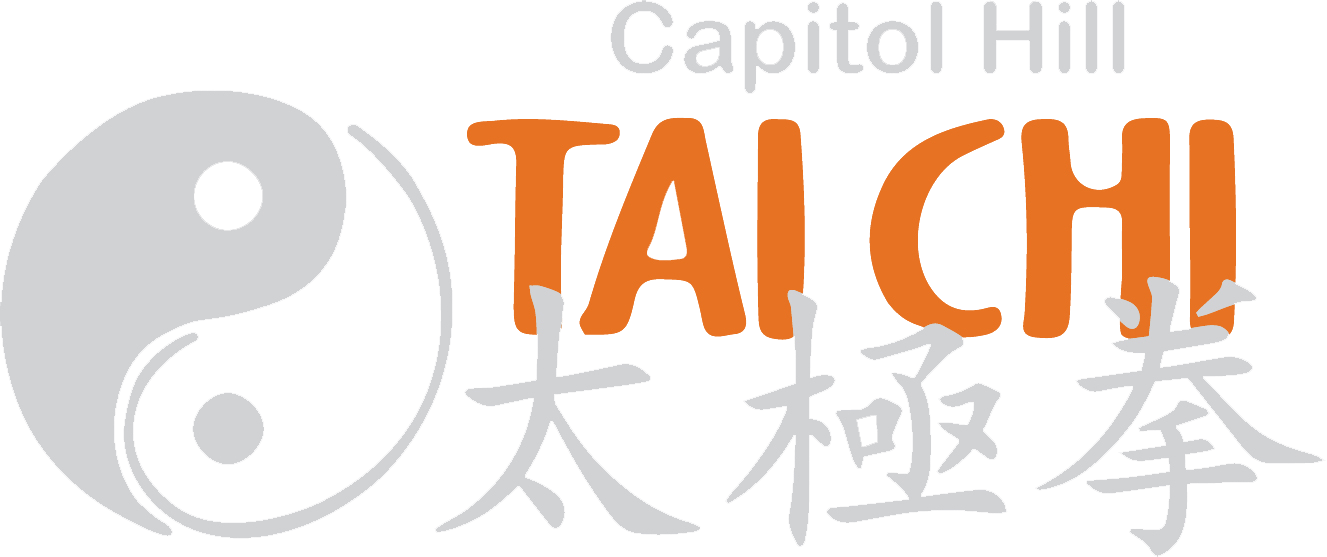Thistles and Cotton Lint, Root
By Dr. David Walls-Kaufman
My great grand teacher, Yang Cheng-fu, mentioned in his writings that root in a tai chi adept felt like a huge cotton bail. On the outside, it was welcomingly light and soft, but the deeper you pushed into it the more it became apparent that the bail was solid enough to prove immovable.
In the Cheng Man-ch’ing lineage (Cheng being Yang’s student), we hear from our teachers that when we direct our mind (I—pronounced ee) in a certain direction, the chi (chee) will go there. The phenomenon of chi is that simple. Some, depending on how long and how hard they have practiced the Chi Kung of Tai Chi, develop an inkling of what this means.
The description I have offered my students to clarify this question about the chi following the mind is this:
Particles of thought behave like thistles; chi behaves like cotton lint floating free in the “air” of the room inside our being. Now, imagine each “particle” of thought being like the thorns projecting from a dry head of thistle. This thistle head “moves” inside the room of your body wherever or however your consciousness directs it. Your intention (just thinking about it and relaxing) forms the thistle head, and as it moves with your thought, it inevitably catches the cotton lint of your chi is caught on its thorns.
This is a loose approximation of the phenomenon at best. The analogy fails because chi gathers at the behest of thought. It runs to join it, like a dog running when its master whistles.
Be that as it may, the longer you have practiced good Tai Chi methodologies, then the more you will have “grown” or “cultivated” particles of cotton lint floating free inside your being that get caught on the thistles.
Your relaxation and thought/intention in combination make the thistles emerge out of the nothingness of consciousness.
How much lint your thistles pick up is entirely a product of how much cotton lint you’ve got floating around in the air of the room of your being.
If you have a little Kung Fu, then there are very few strands of cotton for the thistle needles to snag. If you have tremendous Kung Fu, then the stirring of the thistle catches a load of cotton lint. The more cotton lint you’ve earned for your years of conscientious work, then the closer you get to Yang Cheng-fu’s analogy of the cotton bail—ever soft on the outside, but progressively heavier, thicker, denser, immovable the deeper the opponent pushes into it.
Without much cotton, your mind catches little lint and you martially function by activating your external frame of muscle.
The muscular shell of you.
Your body is like a shell, a hollow gourd.
When an “empty” person attacks, the feeling is sort of like being attacked by an empty can of coke. The empty can of coke comes rushing in at a toddle, pushing for the center, trying to dislodge you. As relaxation happens, there is a sinking-into-the-ground feeling very much like my teacher Ben Lo described of you being in an elevator coming to a stop. If the mass of my cotton lint surpasses the weight of my attacker’s tin can—then I have the ethereal “mass” to neutralize the pressure of their very corporeal attack; and turn it aside, or repulse it. The choice is at my discretion.
The ability to neutralize and repulse rests entirely on whether my internal stuff metaphysically “weighs” more than their muscular strength and mass.
This is the motile power that determines which one of us gets their hands (or body pressure) on the other’s center—which is the key piece in the trigger mechanism of the push.
If he or she is 6 feet tall and weighs 220lbs., I am more confident than if the person is 6’7” and weighs 400lbs. Can I neutralize? I don’t know. I have to see. With the first person, their speed and technique are less a concern to me than the speed and technique of the second person, because my ethereal “chi” weight and mass and their corporeal muscle and weight mass approximate.
But no matter that I am 5’11” and 174lbs. My technique matters little because the physics of neutralizing are the same. The difference is—do I have the internal mass to subtly overpower (turn aside) the pressure of the push?
